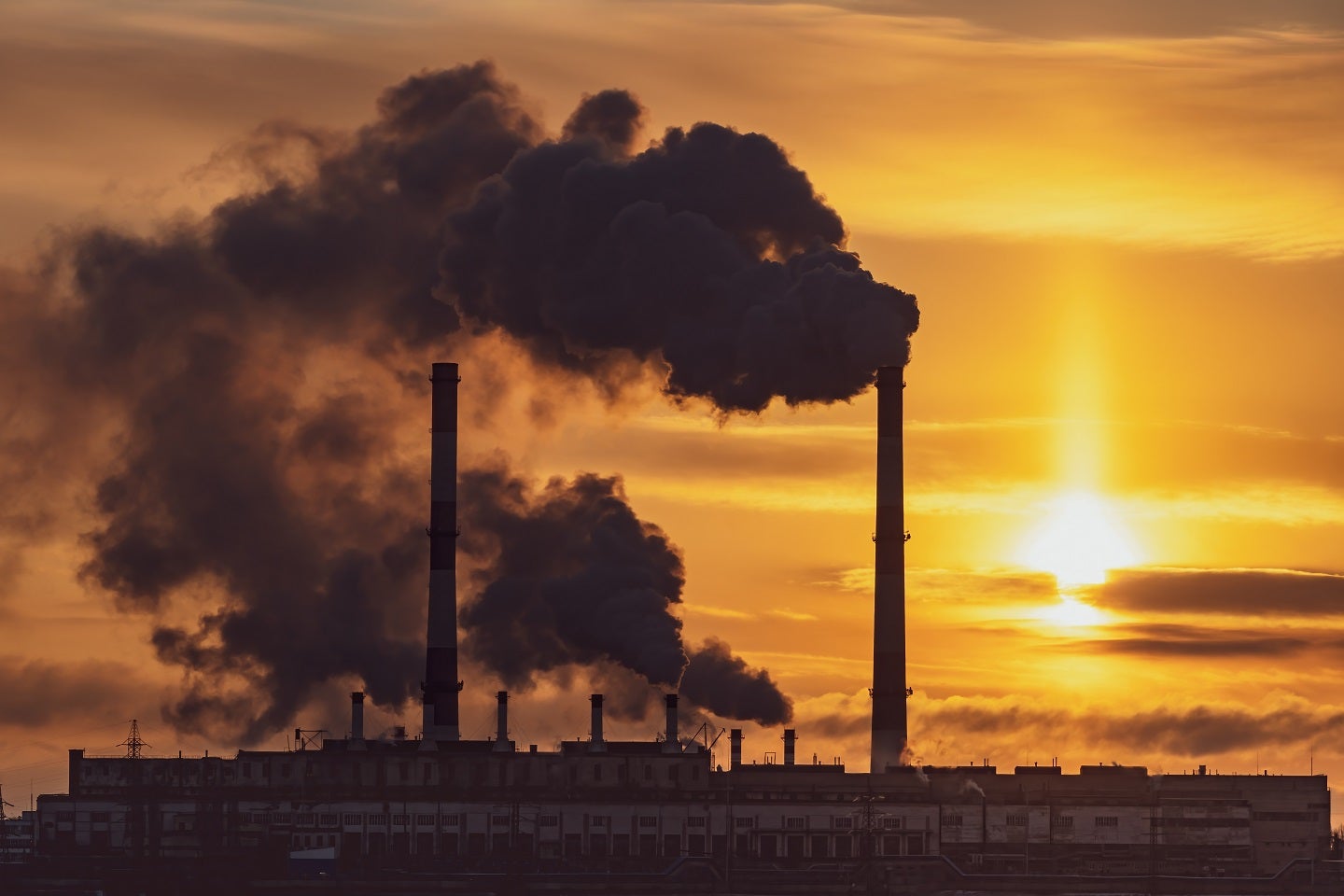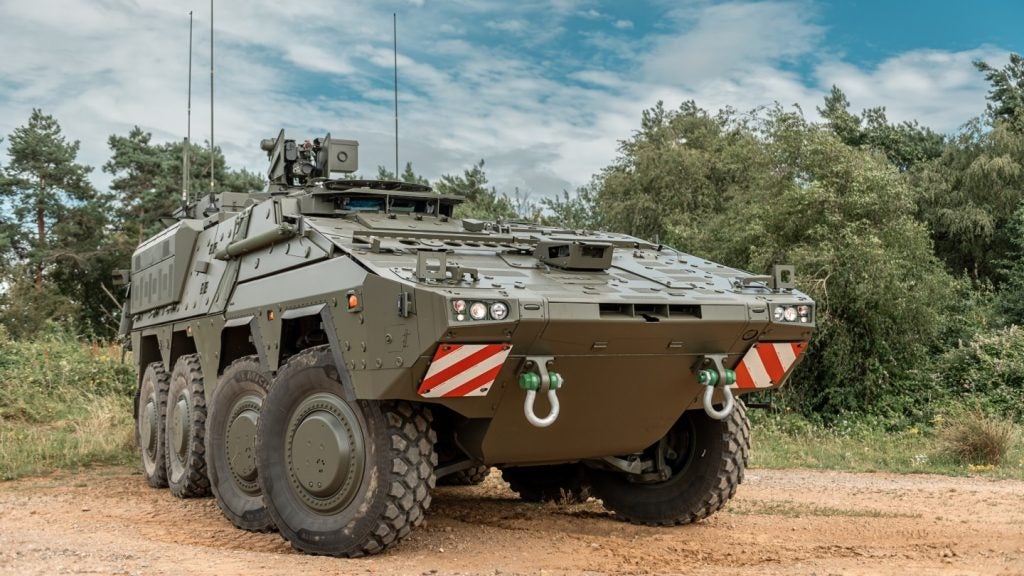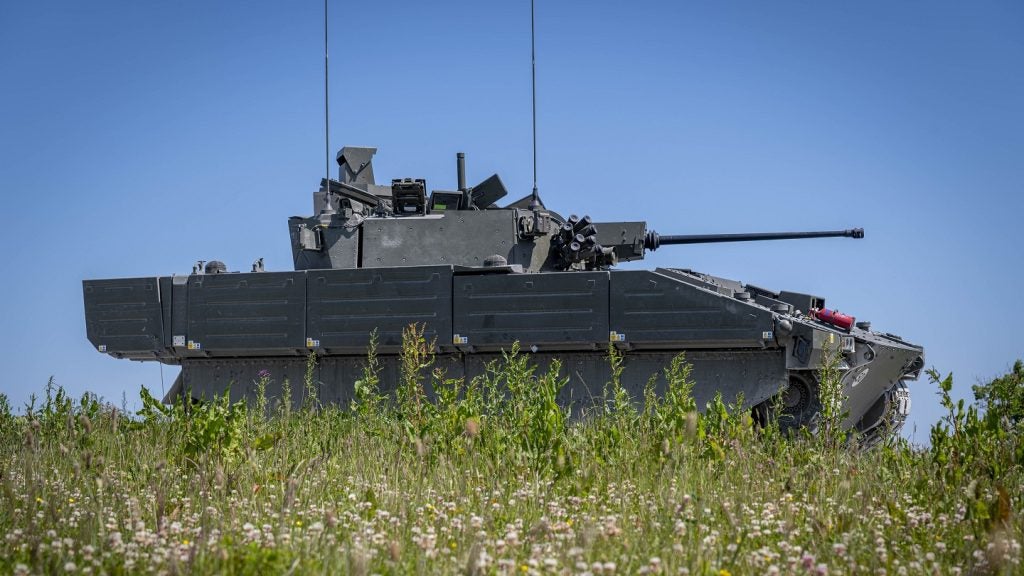
The EU and NATO Task Force on Resilience of Critical Infrastructure was launched for the first time on 16 March 2023. This Task Force was announced jointly by European Commission President Ursula von der Leyen and NATO Secretary General Jens Stoltenberg on 11 January.
The initiative will see the security partners share best practices, situational awareness, and develop principles to improve resilience. The Task Force will begin by focusing on four sectors: energy, transport, digital infrastructure, and space.
How well do you really know your competitors?
Access the most comprehensive Company Profiles on the market, powered by GlobalData. Save hours of research. Gain competitive edge.

Thank you!
Your download email will arrive shortly
Not ready to buy yet? Download a free sample
We are confident about the unique quality of our Company Profiles. However, we want you to make the most beneficial decision for your business, so we offer a free sample that you can download by submitting the below form
By GlobalDataThe Task Force is between EU and NATO staff, and it will be established within the EU-NATO Structured Dialogue on Resilience.
“We must strengthen the resilience of our critical infrastructure to always be ready,” von der Leyen stated. “EU and NATO senior experts will work hand in hand to identify key threats to our critical infrastructure and work on responses.”
EU countries have been applauded for their resilience in the face of Russian energy denial, as well as in their response to the sabotage of the Nord Stream gas pipelines. However, it appears that there is more that needs to be done as the “challenges to the European Union’s security and resilience are becoming increasingly complex and dynamic” as threats to “exploit the openness, interdependence and connectivity” of the union mount further.
EU energy and power
Russia’s energy war has left Europe with incentive to make pace with its energy transition. The European Commission has stepped up its green transition away from Russian gas by accelerating renewables permitting. The International Energy Agency expects global renewable power capacity to increase by 2,400 GW between 2022 and 2027, driven by the increasing push for energy security due to the global rise in fuel prices according to GlobalData.
The EU continues to be the biggest importer of Russian hydrocarbons. Nevertheless, its latest batch of sanctions are aimed at phasing out Russian oil imports via tankers by year end. This move might reduce the region’s dependency on Russia. As well, the EU also announced sanctions on cargo insurance for Russian crude, which could affect Russian exports globally.
Energy prices have fallen in Europe, helped by a relatively mild winter. The UK, which represents approximately 20% of Europe’s total liquified natural gas (LNG) imports, has been instrumental in the re-stocking of European gas reserves, which are in the region of 100 billion cubic metres of LNG.
However, there is a strong risk of persistently high commodity costs lasting until the end of 2024, thus leading to stagflation—sluggish activity combined with strong cost of living pressures. This is something that may present a major vulnerability for the Task Force in the near future.
Wider mitigating vulnerabilities
The Task Force also looks into other infrastructure concerns beyond Europe’s energy denial, with interest in the areas like the space and digital domains.
According to GlobalData analysis there is significant overlap between commercial and defence in the space domain and this dynamic is set to increase, with defence agencies able to utilise commercial launch systems and dual-use capabilities.
The Task Force will no doubt discuss Europe’s possibilities in sourcing and partnering with its industrial base, as well as industries further afield. The SpaceX Starlink satellite services has provided benefits for Ukraine, mostly intended for civilian connectivity, but also the means to control uncrewed vehicles in the war against Russia; something for which SpaceX has admonished the Ukrainian military in the past.
The Task Force will also consider Europe’s digital infrastructure. Investment has already been announced in this domain in the EU Digital Decade policy programme for 2030. The European Commission has identified an initial list of multi-country projects, where investment will be committed to their data infrastructure, low-power-processors, 5G, high-performance computing, secure quantum communication, blockchain, and digital skills.
How far NATO will support these multi-country enterprises will be interesting see, or whether newfound projects and investment areas may develop on top of the European Union’s existing projects.







